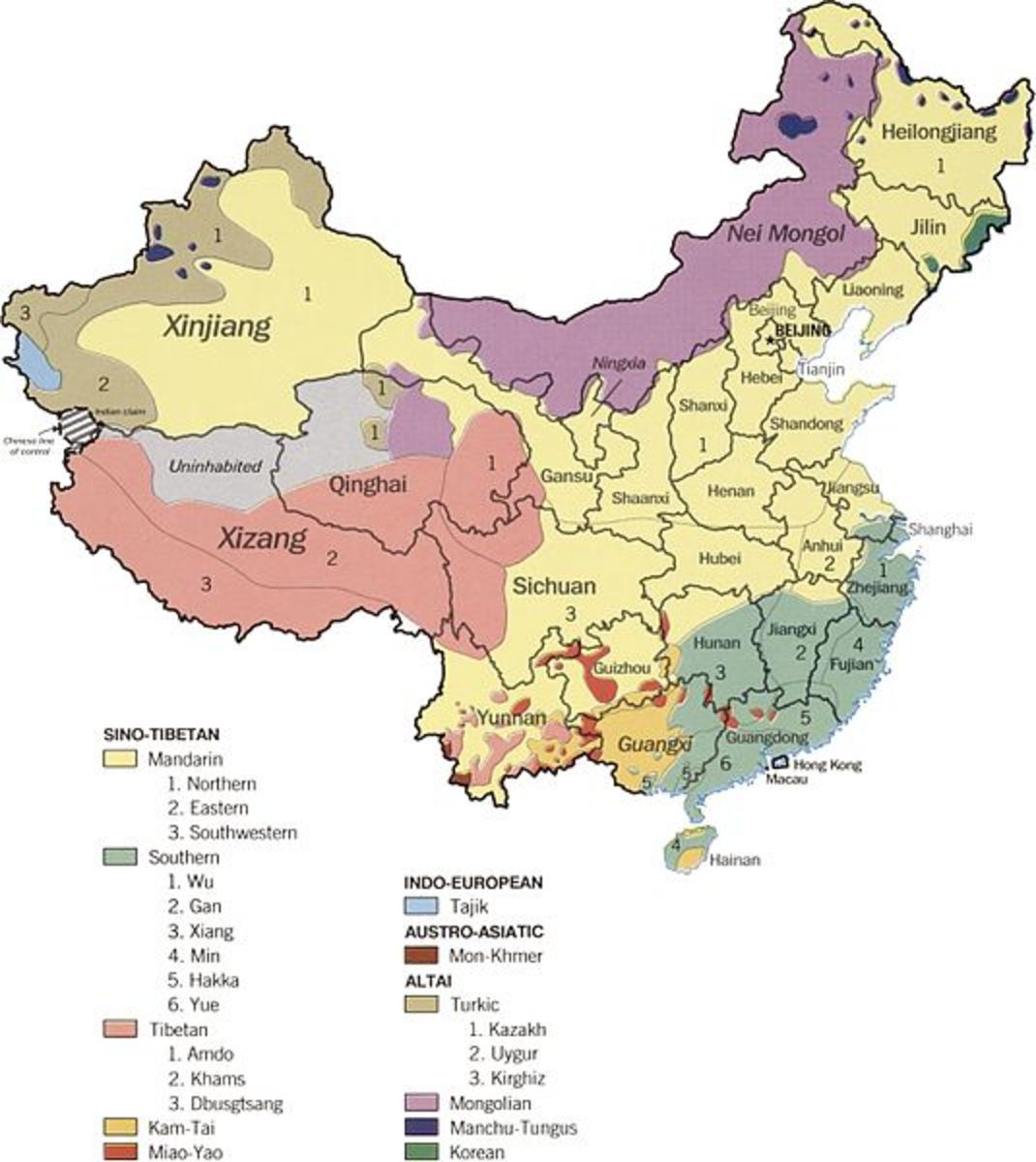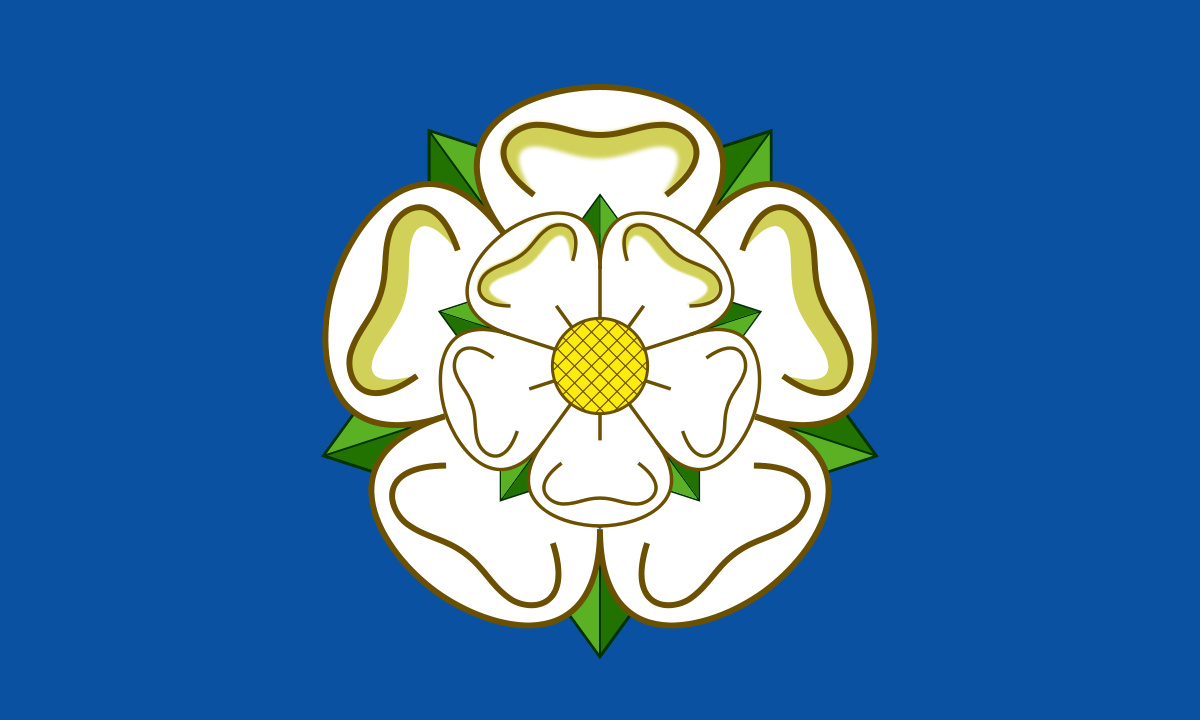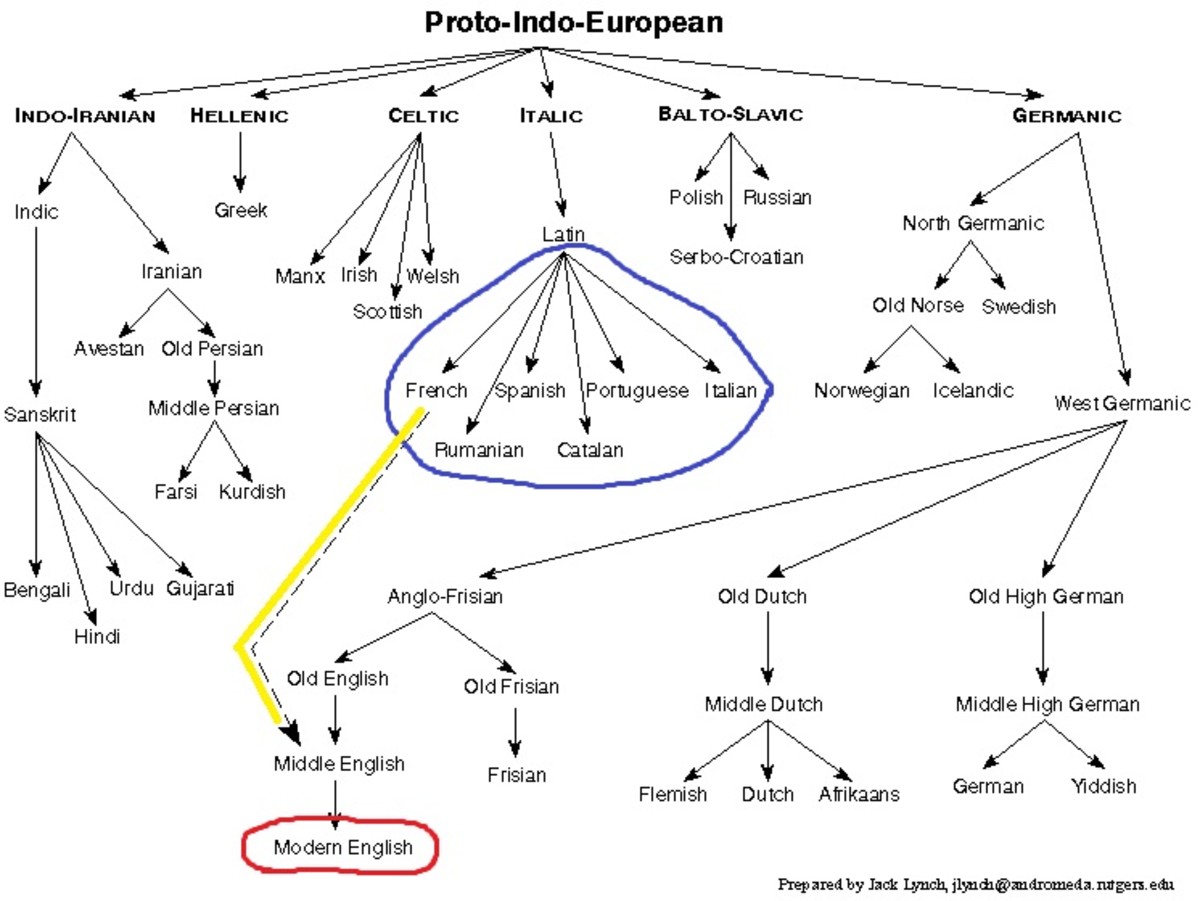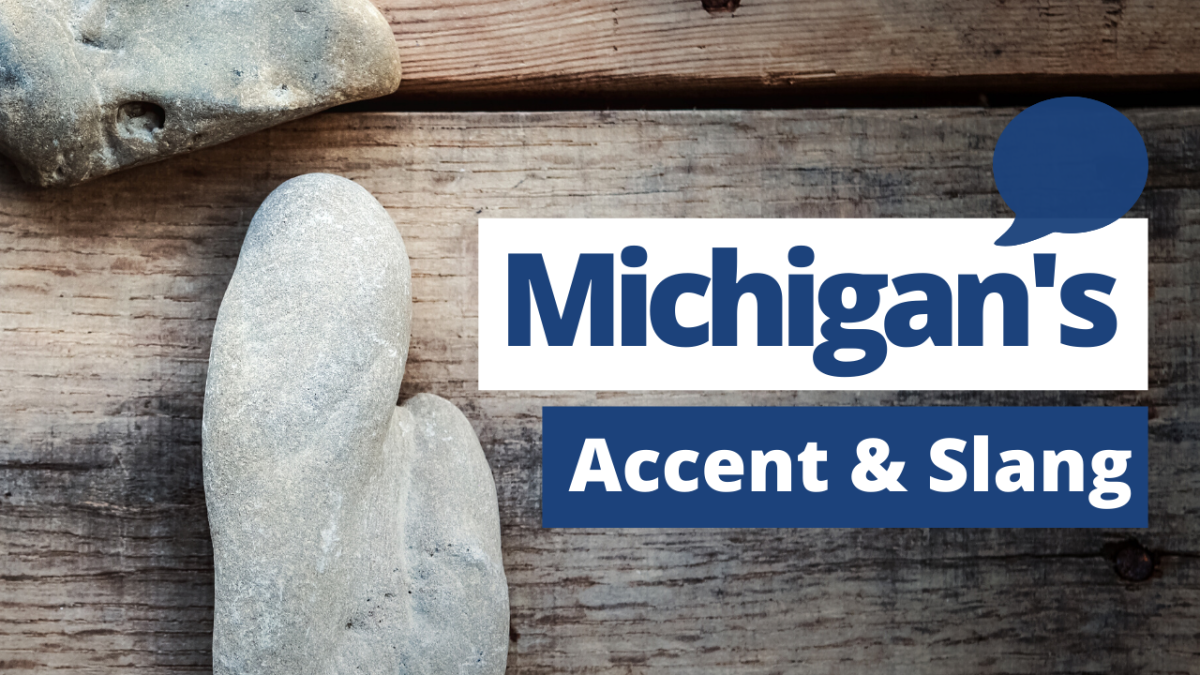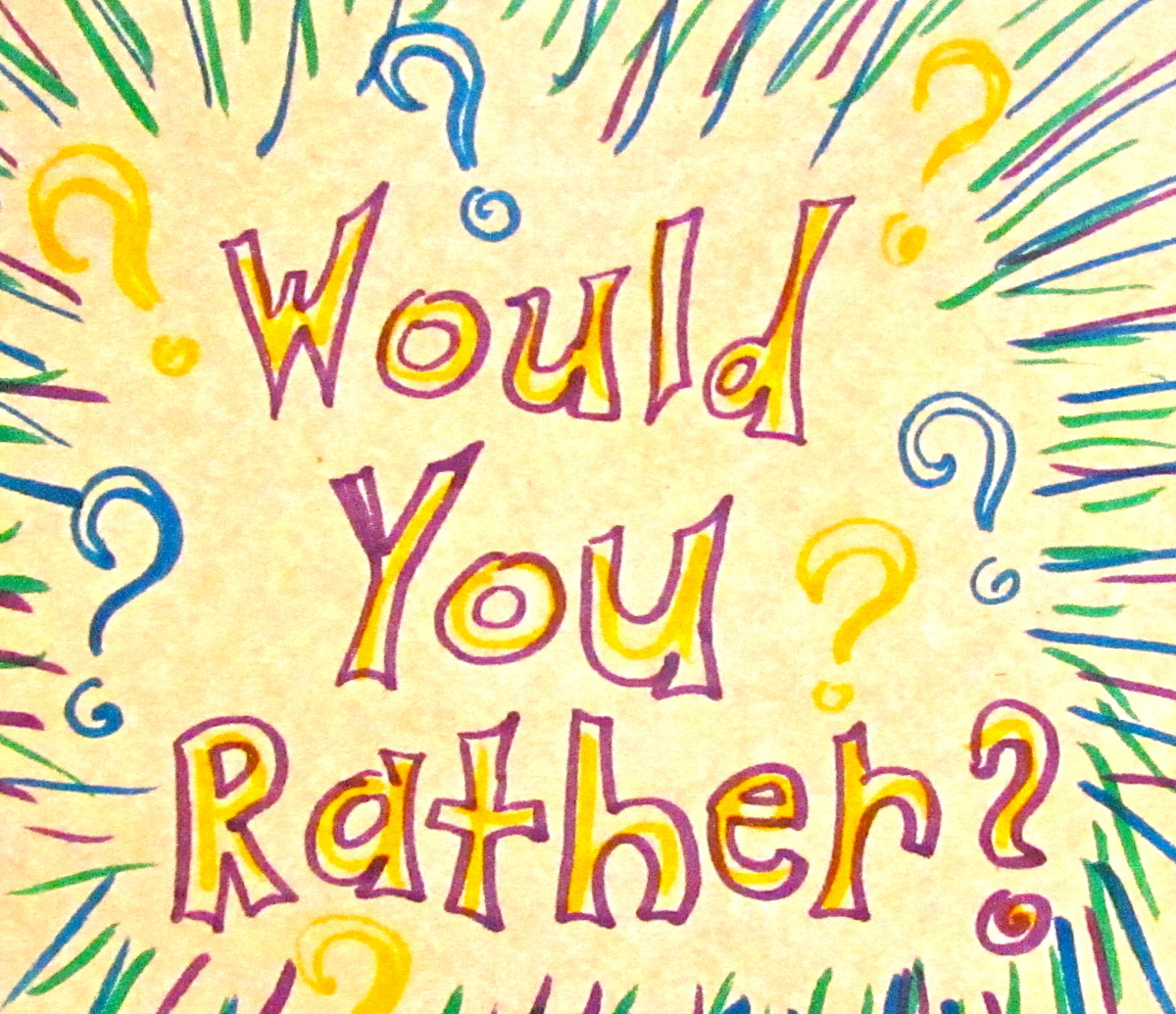Accent and Dialect: Formation of Dialects - and Why Southerners Have Accents
Why Do Southerners Have Accents
“All y'all” as in, I know you all, is a pronunciation for “all you all” as used in Southern American English. Southern American English is a dialect of the “proper” English language. Southern American English is an English dialect that is spoken in the Southern region of the United States, from Maryland, throughout to West Virginia, Kentucky, GulfCoast, Atlantic coast, Texas and to Oklahoma.
The question, when did the Southerners began speaking the Southern dialect, is a common question underlying a very sensitive statement. The myth is that they speak in the Southern dialect because they consume lots of grits. Grits are a food of Native Americans eaten by inhabitants of the Southern United States. Grits are made from ground corn just like maize flour based porridges. That is a myth because there is no science that can support that, at least directly. There are those who believe Southerners speak with a dialect because their children were raised by black slave nannies and their children learnt to speak in the speech patterns of those slaves. There are those who believe they started speaking in that dialect after the Civil War in an effort to be different from the North. That’s a historical observation by people. Whenever people go to war, the war will always leave a permanent mark between the two groups of people. That mark acts as a separation line between the two groups of people. To understand why southerners speak in an accent, you need to trace whether the imaginary separation line with the Northerners was due to migration, war, or whatever.
Why Dialect Form?
Any language is continuously changing all the time. Any language will change and grow with passage of time just like a living cell will do. You may not notice the change in your language because you are within the rhythm of the change. If you look at your language using a large enough scale of say hundreds of years, you will notice the change your own language has undergone. William Shakespeare produced most of his known work between 1589 and 1613. It is now 400 years since that time. If you look at the English language he used then and the English language you are using today, you will notice a very significant change the English language has undergone within the last 400 years. 400 years is about 20 generations. A generation is taken as the average time between a girl’s birth and her first offspring. In some countries this can be as low as 17 years whilst in other countries it’s as high as 30 years.
When a group of the same people breaks into two groups and the two groups separates and no longer maintain close communication with one another, then, dialects will form. The key factors in formation of a dialect are separation and cutting of communication between the two groups. Every language is a dialect. You will say I speak in a dialect, and if you ask me, I will say you also speak in a dialect. Unfortunately, some dialects are considered to carry more prestige in a society than other dialects. The dialect with more speakers or the dialect that is spoken by the elite, or those thought not to have ‘contamination’ in a society is considered to be the ‘proper’ language. You just need to ask yourself why is it the subject is ‘why Southerners have accents’ and not ‘why Northerners have accent’. The issue of dialect is sensitive in that the speakers of the ‘inferior’ dialect are considered by the majority as less intelligent, less competent, less educated, poor, have low language skills, and unpleasant to listen to. Why people ask why such and such people adopted a dialect is purely based on the fact that those asking so have reasons to believe that their own dialect is spoken by the majority or that they are the elite in the society. With the passage of time, the minorities may get convinced fully that their own dialect is unpleasant, and that they themselves are less intelligent, less competent, less educated, and inferior, or whatever.
A Dialect Is Defense Mechanism by Mother Nature?
Each an every living thing has a defense mechanism. Some living things have the ability to camouflage so that they are not spotted by their enemies. A chameleon will change color to blend with the surroundings so that a hungry eagle can’t spot it. These defense mechanisms are naturally provided by Mother Nature. Humans, like other living things, have several defense mechanisms. When people who speak the same language fight, it’s natural they would want to remain separate thereafter. Nature will always provide a mark (to help spot a probable enemy) for this separation that may remain so for hundreds of years. Whenever two groups of people separates and they cut communication among themselves, then, an accent develops, which latter turns into a dialect and finally the dialect becomes a completely different language. Don’t be surprised that a landlord may decide not to allocate you an apartment just because you spoke to him in an ethnic accent. This is because a dialect defense mechanism was formed in you as well as in the landlord when your ancestors and landlord’s ancestors separated after fighting each other several hundred years ago.
The Myth of Eating Grits and Drinking Water
Like the myth of Southerners speaking in the Southern dialect because of consuming lots of grits, drinking water from certain rivers is also blamed for formation of dialects in some countries. The myth about speaking in different dialects because of drinking water from certain rivers is implying that the two people do agree that at one time they spoke in one language. It was after they started drinking water from different streams that their dialects started forming. Usually, this myth will have been passed from one generation to the other for hundreds of years. Does drinking water from a different river changes one’s dialect? No scientific fact will support that but indirectly rivers do influence the formation of dialects.
The key ingredient in formation of a dialect is separation that will result in the cutting of communication between the two groups. Separation of people can happen due to the following:
1. by geography (mountains, valleys and rivers)
2. by ethnic separatism
3. by political separation
Rivers, valleys, and mountains are physical features which are permanent. In the olden days people would migrate from plains to highlands in search of fertile soils for their crops. In mountainous areas, there are more series of small rivers and valleys than in plain areas. And because people usually have petty politics perhaps over cattle, women and witchcraft, they normally would fight it out. After the war the rivers would readily come in as permanent separation lines of the feuding groups. In the meantime, dialects would take that opportunity of separation lines to form. The people will never get to understand the dynamic of rivers and valleys in formation of their dialects. The best they could do is to reason that since when they started drinking water from different rivers, their common language started changing into dialects.
Below is a map showing the dialects of Meru people living in eastern Mount Kenya.
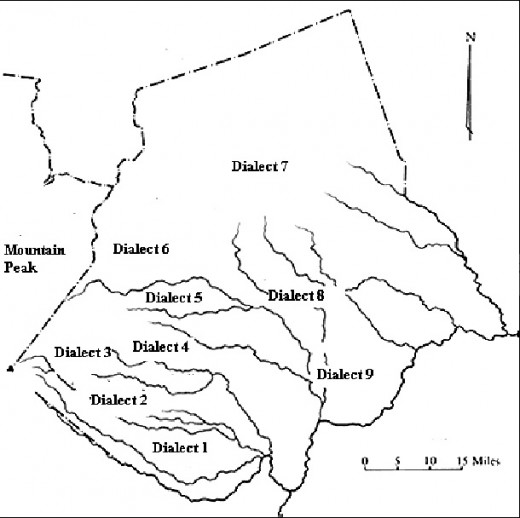
Difference between Dialect and Accent
When a language is changing to a dialect, the first noticeable change is the pronunciation of words – sound. This is what is called accent. With the passage of time, the language changes farther and the noticeable change now becomes vocabulary, grammar, and pronunciation (phonology). This is what is called dialect. The difference between accent and dialect is: accents vary by pronunciation, whilst dialects have some unique vocabulary, small variations in grammar and pronunciation (phonology). Dialects are in fact languages, and languages are dialects - it’s the varieties of a language that are called dialects.
If you are lucky to have dialects of your key language, you may have noticed that the phonological differences that makes the significant distinction between two dialects is vowels rather than the consonants. The consonants may seem to stay the same. With passage of time, the number of vocabulary in a dialect will reach a point where the speakers of the two different dialects can not readily understand one another. That is the point where many people would want to think a dialect has become a language. The truth is: dialects are languages and languages are dialects, at least not until you invoke the cultural opinion of the speakers as well as the political status of the dialects in question.
How to Make a Dialect Rank as a 'Proper' Language
1. Standardize the dialect by developing a writing system. This should include rules for grammar, orthography, pronunciation, syntax and vocabulary. The rules should be articulated well in published grammar books as well as dictionaries.
2. Define the nation or state of the speakers of the given dialect.
3. Give prestige to the dialect such that the speakers of the dialect are proud to speak and defend it.
4. Define how the speakers of the given dialect came into being by providing a myth of origin.
Mobile Phone Text Messaging As Dialect?
Today, we may ask the question: should we classify the SMS language as used in mobile phone text messaging as a dialect of the English language? A common feature of SMS language is the removal of vowels from words where the reader is left to interpret a string of consonants by re-adding the vowels. For example, the word ‘keyboard’ is written as kybrd. As to whether SMS language should be classified as a dialect of the English language, only time will tell.
With the invention of the modern communication tools such as the vehicles, planes, phones, radios, televisions, internet, print media, books, etc, the ability to communicate between people is improving and the rate of formation of new dialects has slowed down. Today, the tendency is for the people to go towards integration as one people.
If you have liked this article, and you would want this page to keep up and improved, you can help in any way you can. A free way to help would be to link back to this webpage from your web page, blog, or discussion forums.
The Author’s page is designed to help beginners and average readers make some money as an extra income to supplement what they may be earning elsewhere - details of which you can find in My Page, if you will.



